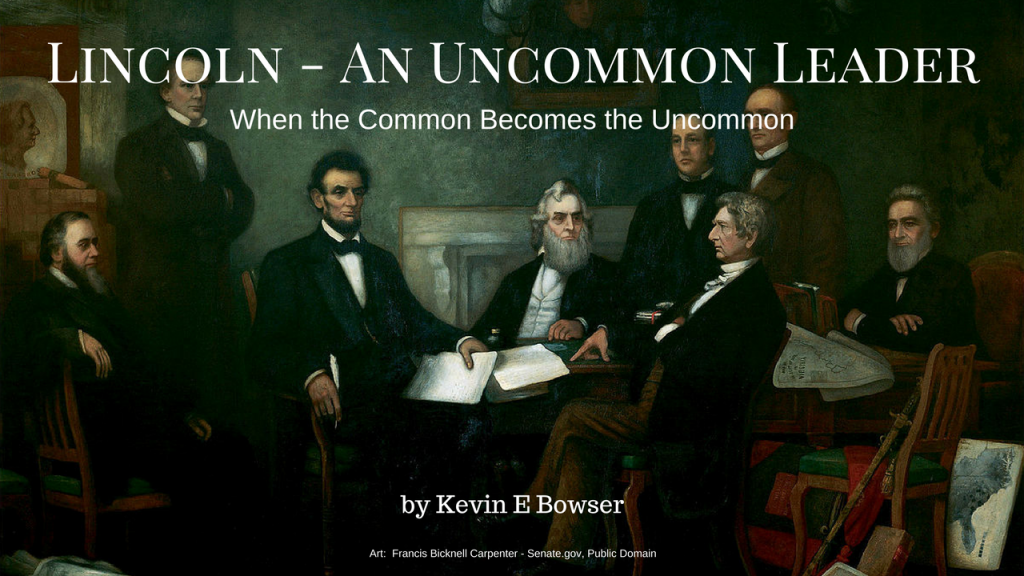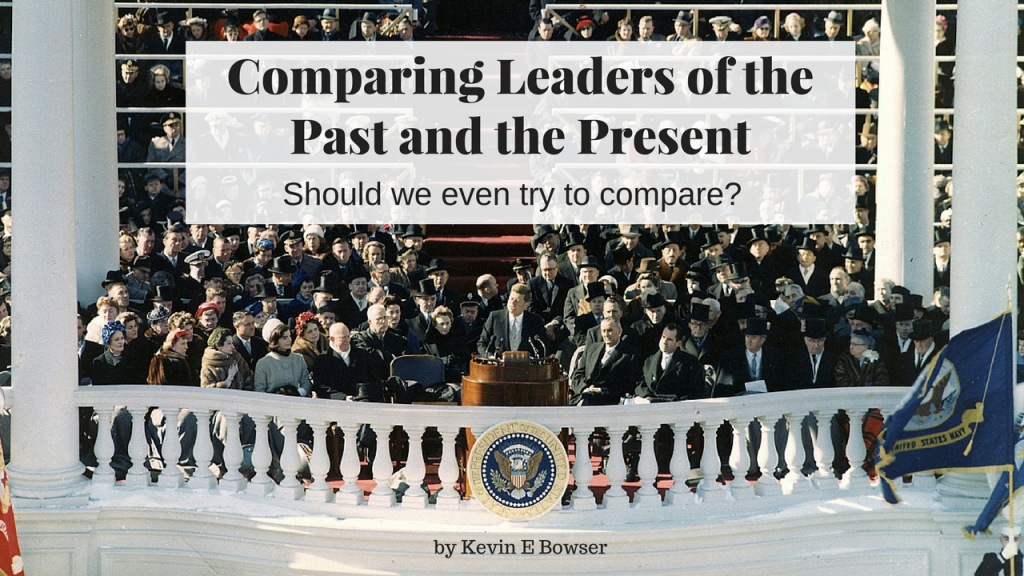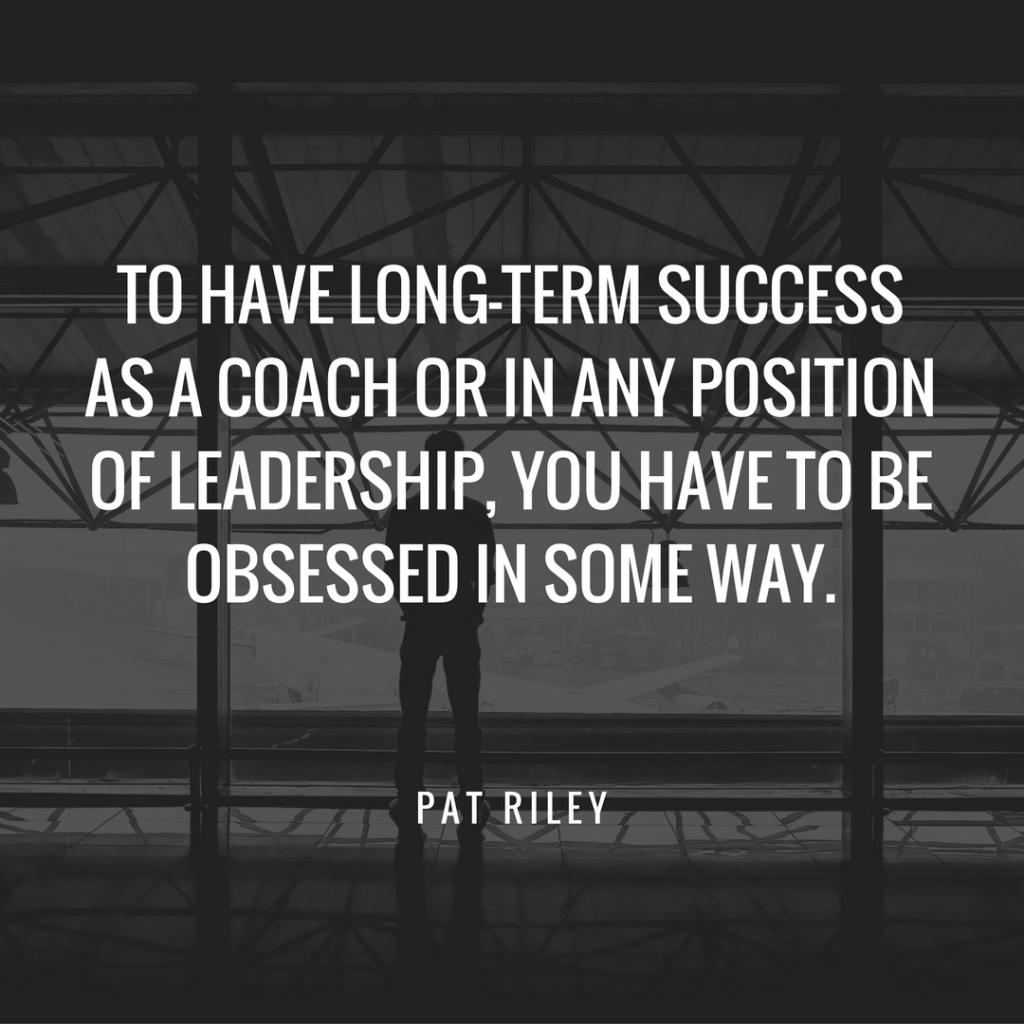I have been spending a lot of time at work recently helping to implement a project that is dividing those that will be affected by it. Some are very excited about the opportunities that the project will provide, and others are concerned about negative impacts that they fear it will bring. The resistance has gotten political, and the war of words has permeated both conventional media and social media. Although I do not interact directly with those in opposition, I find myself wanting to reach out to them to correct a lot of the misinformation on which they are basing their statements and to chastise them for being so ugly in their choice of words, especially on Facebook and in website comments.
Since positions on this project are so sharply divided, it is obvious that, regardless of the outcome, one side or the other is going to be disappointed, bitter, angry, and even scared. I’ve had the chance to watch the project’s leaders reach out to those who are so critical of them. Those leaders have resisted the temptation to criticize and stifle discussion. Rather they have indicated a willingness to listen and to hear the background and justification for the fears. They have acknowledged that some of the concerns are, in fact, legitimate for some, and have offered ways to mitigate those impacts. In short, they have shown Empathy.
An Obvious Lack of Empathy from History
Now, Empathy does nothing to change the situation itself. The “facts of the case” remain the same. However, Empathy does speak to the heart of the individual. Being understood and having your feelings legitimized has a softening effect and even a healing component. It can be the difference between just experiencing disappointment as opposed to feeling steamrolled…discomfort instead of pain.
Click here to read the rest of the article »











